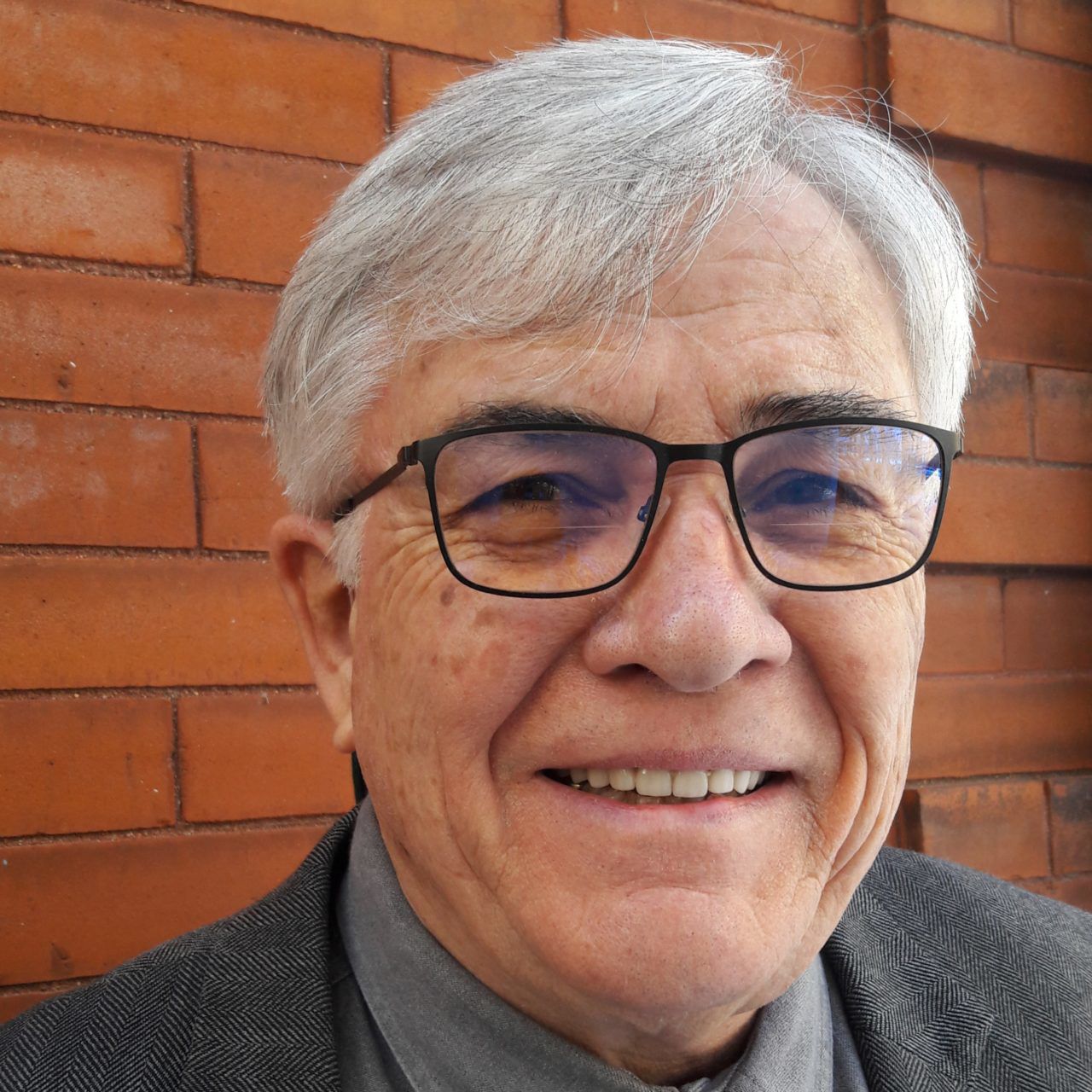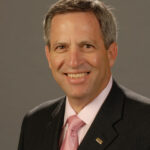HUDSON | Unmasking society’s systemic racism

“They’re lucky that what Black people are looking for is equality and not revenge.”
-Kimberly Latrice Jones, Minneapolis, 2020
Kimberly Jones displayed a talent for righteous indignation that transfixed YouTube during the height of public outrage over the police execution of George Floyd. Her profanely eloquent and extemporaneous cri-de-coeur on behalf of black protesters closed with the admonition above. If white Americans’ daily experience with police approximated the violence familiar to communities of color, I suspect their response would weigh heavily toward revenge.
As curbs on police behavior blasted through the Colorado legislature with bipartisan support the past few weeks, it should have been evident to our militarized centurions that they no longer enjoy the “boys will be boys” winking approval of those they are charged “to serve and protect.” Arrogance corrodes trust, and without trust a cop looks like just another bully with a gun. We keep hearing that 95% of police officers are good people trying to do a tough job humanely. I don’t dispute this claim, but I also know those cops know precisely who the “bad apples” are. Repeated failure to self-police their ranks and aggressively cull those few bad apples, puts every officer at risk.
It was early in the COVID-19 lockdown that I visited the Roaming Buffalo barbecue joint in south Denver for their two dollar pulled pork sandwiches. I was encouraged to find Adrian Miller, the James Beard Award winning author of the cookbook “Soul Food,” waiting in line ahead of me. Together with recipes, his book provides an enlightening history of Southern Black cuisine. (Here, permit me to endorse the tart, vinegary pulled pork this expert calls his favorite in Denver. There’s nothing sweet or sugary about it.)
Adrian’s day job is serving as executive director of the Colorado Council of Churches. With a few minutes to kill while maintaining social distance, I mentioned I had been planning to visit him before the pandemic arrived. For several years I’ve considered tackling a book-length account of my personal evolution in thinking on questions of race — from the integration of Maryland public schools as I entered junior high on through military service and several years working for the phone company in inner-city Washington, D.C.
I asked Adrian whether he thought it made any sense for a white writer to tackle these issues, expressing my disappointment that the conversation about race we always say is so badly needed never seems to happen. He applauded the idea and observed, “It may be more important now for whites to speak out, or we may never get to a conversation.” This brief encounter ended with the delivery of our BBQ orders two months before Minneapolis erupted into the national consciousness.
Therefore, I was not surprised to read a profile in the HuffPost last week where Adrian suggests that before a breakthrough in race relations is possible, “White people need to work this out amongst themselves.” So, I’m going to confirm the notion of “systemic racism” and how I learned to watch for it.
Upon returning to Chesapeake and Potomac Telephone following my release from the Navy in 1970, I was assigned to supervise an installation and repair crew in a garage at the epicenter of the 1968 Martin Luther King riots. AT&T had signed the nation’s first EEOC consent decree during my absence and nine of my crew’s 12 repairmen were Black. 14th Street still bore scars from the arsons along this commercial strip that left numerous gaps like missing teeth. During my orientation I was advised company policy capped the reimbursement following a mugging to $300 for personal jewelry and cash. It was recommended that wedding rings and credit cards be left in your locker, although it was advisable to carry at least $40 and purchase a cheap watch.
Each afternoon around 4 p.m., drugs were delivered to users at the intersection of 13th and T Streets. Addicts would begin to gather a few hours earlier, particularly those a few dollars short for a fix. We experienced so many muggings of installers that we would not work orders nearby after 1 p.m. Black installer Bill Lattimore drew me into a debate over lunch one day arguing the D. C. police were intentionally flooding these neighborhoods with drugs. I was skeptical.
Bill countered and asked me, “Mr. Hudson, we’re a private business and we arrange our work schedules to avoid drug runners. Do you really believe the police don’t know what’s going down at 13th and T this afternoon?” He was right, of course. Whatever their motive, police negligence constituted systemic racism. Later, I recommended Bill for promotion to foreman and my boss resisted saying he was too outspoken. I argued, “That’s exactly why Bill has earned the respect of his peers.” He was promoted.













